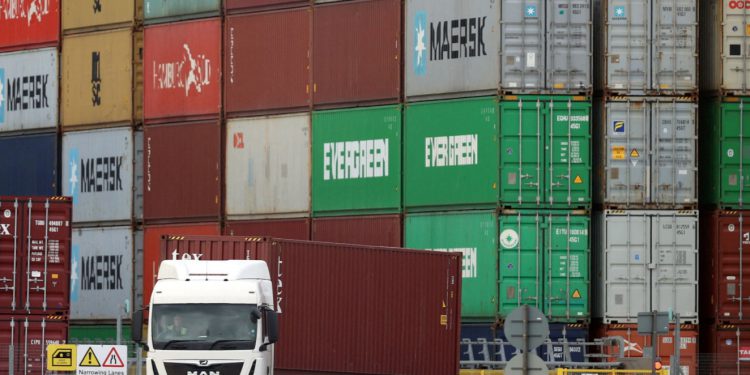Reuters says that British firms face the introduction of much-delayed post-Brexit border control checks from January 1 which will affect businesses importing $314 billion of goods a year from the European Union.
Britain left the EU’s single market at the beginning of 2021 and while Europe imposed checks on goods straight away, Britain staggered and delayed the introduction of a full customs border.
From January 1, 2022, EU businesses sending goods to Britain will now need to supply full customs declarations while traders will also have to prove that goods are allowed to enter tariff-free under rules of origin requirements.
Shane Brennan, head of the Cold Chain Federation whose members move frozen and chilled foods, said the cost of a consignment had increased by about 400 pounds ($540).
He said small European firms may ultimately stop sending to Britain as exports of food now require a safety declaration, a customs declaration and a notification with a ports IT system called the Goods Vehicle Movement Service (GVMS).
Additional veterinary checks will come in for food imports in July next year. Full checks between Northern Ireland and Britain have been delayed to allow talks with the European Union to continue in a bid to improve the system.























